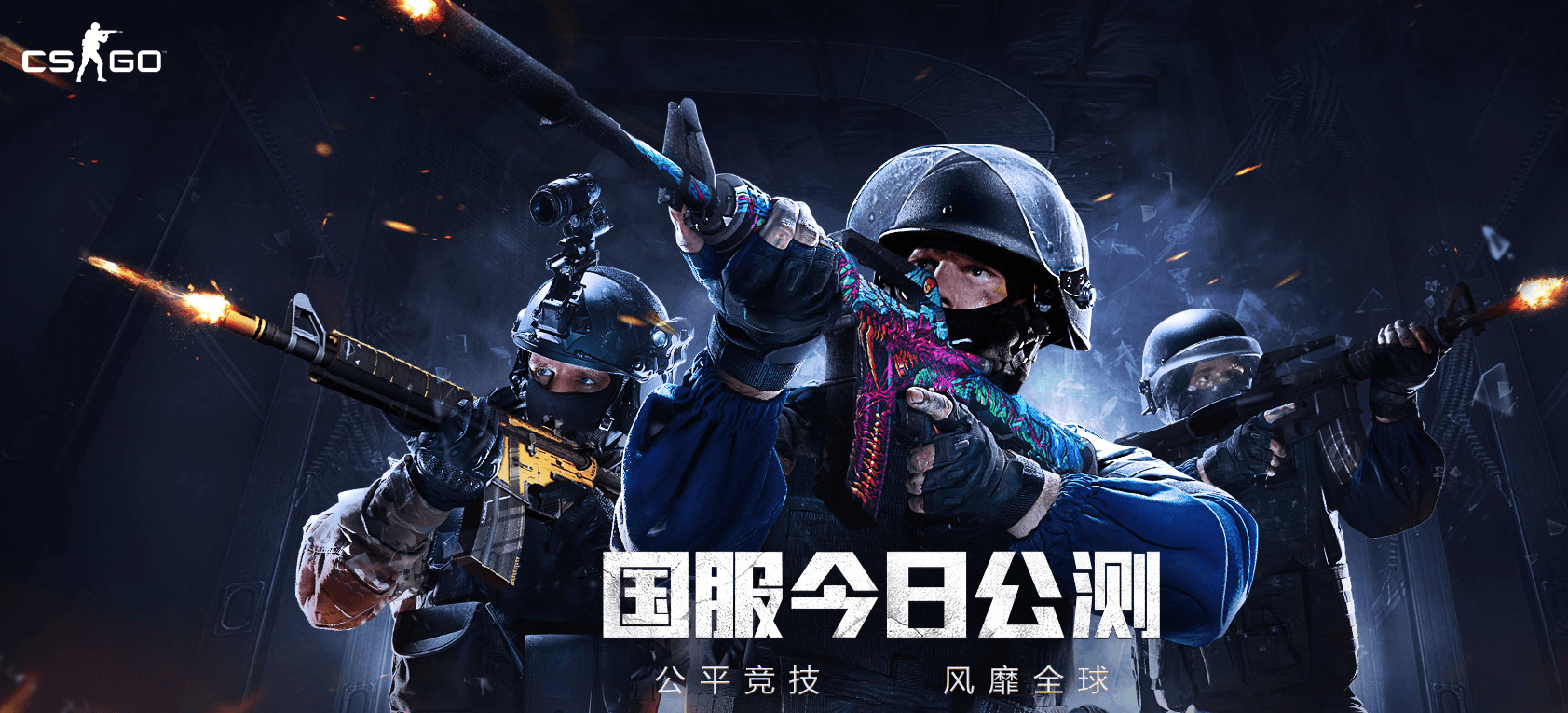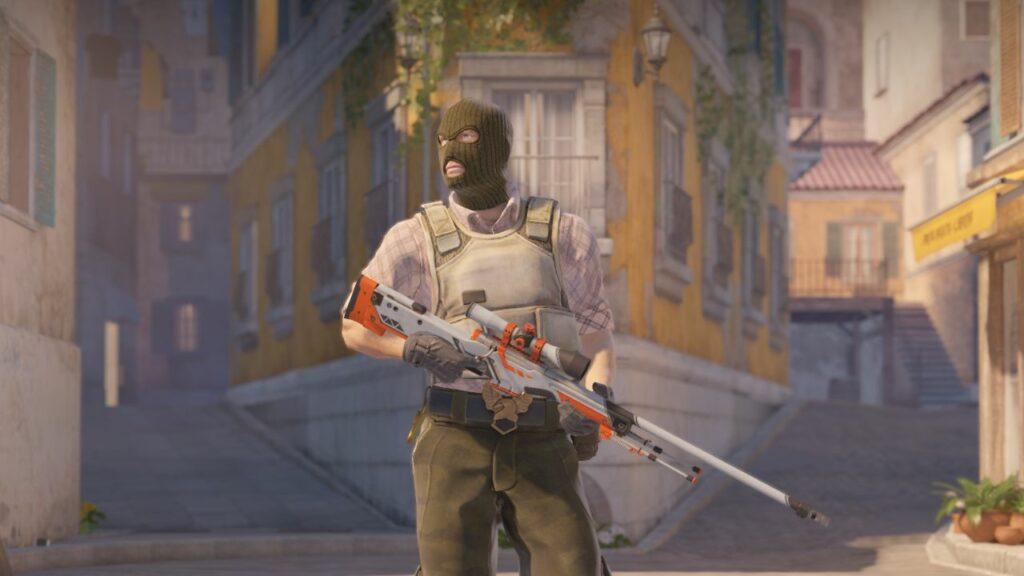
Chinese CSGO prodigy Starry may retire due to new gaming laws
For even the best players, three hours per week isn’t near to enough practice.
China’s new gaming laws have begun to affect the country’s esports industry. Rising Counter-Strike: Global Offensive star Li Zhi “Starry” Ye of Lynn Vision Gaming is speculated to retire at the young age of 16. New laws restrict players under 18 to just one hour of gaming per day on Friday, Saturday, and Sunday. He is one of many young gamers potentially forced to give up their esports dreams because of this anti-gaming legislation in China.
Starry is a rifler for Lynn Vision, a competitive CSGO team based in China. His most famous play is a pistol ace clutch against G2 Esports on Vertigo at Blast Premier Fall. After that once-in-a-lifetime play Lynn Vision would go on to win Vertigo 16-14 over G2, a phenomenal achievement for the upstart squad. Starry is currently on trial for Lynn Vision. Scoring such an insane highlight would normally secure him a contract, but China’s new gaming laws greatly harm his chances to become an esports superstar.
Starry is under 18 years old, meaning he would be limited to just three hours of CSGO and only on weekends. His current practice regimen likely includes many hours played every week. That schedule doesn’t allow much room for coordinated practice with teammates. A best-of-five CSGO tournament match can take up to five hours to complete.
How will China’s gaming laws affect esports?
The new Chinese gaming laws have drastic implications for the future of the country’s esports industry. Competitive gamers often begin their career in their late teens. Rising talent like Starry could be forced to change paths until adulthood, if not permanently. By that point, it could be too late to compete against international talent. Three hours each week is simply not enough time to reach the highest skill level of any esport.
Chinese players and teams are prominent across a wide variety of competitive titles. The Chinese League of Legends Pro League, commonly known as the LPL, is highly competitive at international events. Five Chinese teams qualified for the $40 million Dota 2 tournament, The International 10, the most of any region. The region has historically struggled to produce a competitive CSGO roster. Vici Gaming, TYLOO, and now Lynn Vision have only found mild success abroad.
China’s regional esports infrastructure is stronger than the United States and most of Europe. But it could come crumbling down due to a lack of new talent. With these laws, aspiring players wouldn’t be able to practice until adulthood. In the west, many in their later teen years are already playing at the top level.
In addition to affecting aspiring young players, China’s new gaming laws will also impact viewership. With less reason to play video games, younger fans could tune out of professional gaming altogether. The new legislation will immediately reduce the number of potential fans which could impact the long-term viability of esports in China.
Recommended

s1mple is offering lessons to help you get good at CS2
Have you dreamed of playing like s1mple?

Recent CS2 ban wave punishes cheaters during live games
Valve is banning players in bulks.

Players hopeful after Valve adds Overwatch to expose CS2 cheaters
Only “trusted” players will be Overwatch investigators.







